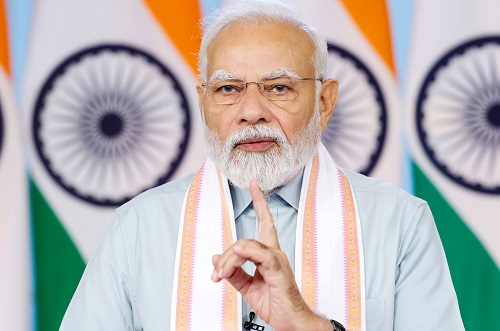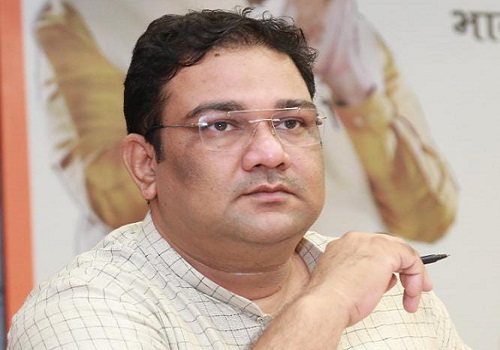Are brain diseases surging post Covid?

Follow us Now on Telegram ! Get daily 10 - 12 important updates on Business, Finance and Investment. Join our Telegram Channel
Though Covid-19 infection primarily affects lungs, its effect has been seen on several other organs, particularly the brain. Ahead of the World Brain Day observed annually on July 22, city doctors on Thursday reported a rise in brain diseases like brain strokes and benign brain tumours post pandemic.
Covid has significantly impacted the incidence of various brain diseases in India and its full effects are going to be visible in the coming years, said nuero-surgeon Dr. Kamal Verma at Sarvodaya Hospital, Faridabad.
"Covid is a new disease that has affected all parts of the body, including the brain. We are seeing an increase in incidence of diseases that were not very common earlier. We are witnessing a significant increase in brain stroke patients," said Verma, Director - Neurosurgery at the Hospital.
According to Verma, besides the elderly, the incidence of brain diseases has particularly increased "by 5-10 per cent" among the younger population.
Covid has also led to an increase in "other diseases of the brain like autoimmune diseases like the Guillain-Barre syndrome and paralysis".
Common brain diseases in India can be divided into those caused by infections such as meningitis, viral diseases and tuberculosis of the brain, etc, and others including brain strokes, brain tumours, abnormalities like aneurism. Children too can suffer from brain diseases including tumours and birth defects.
Around one lakh brain tumours are diagnosed every year in India, which is the highest in the world. Strokes too have a very high incidence, with three to four brain strokes occurring every minute in India.
Diabetes, heart disease, stroke, and hypertension are all known to have negative effects on brain health.
"Taking steps to lower your risk of brain disease by maintaining a nutritious diet, quitting smoking, and engaging in regular exercise. To maintain the health of your brain, it's also critical to reduce stress and obtain a solid 8 hours of sleep each night," said Dr (Prof.) Sumit Sinha, Director - Neurosurgery & Spine, Paras Hospitals, Gurugram.
Sinha also advised to use a sturdy helmet when riding, skiing, skating, or engaging in other sports.












 320-x-100_uti_gold.jpg" alt="Advertisement">
320-x-100_uti_gold.jpg" alt="Advertisement">












